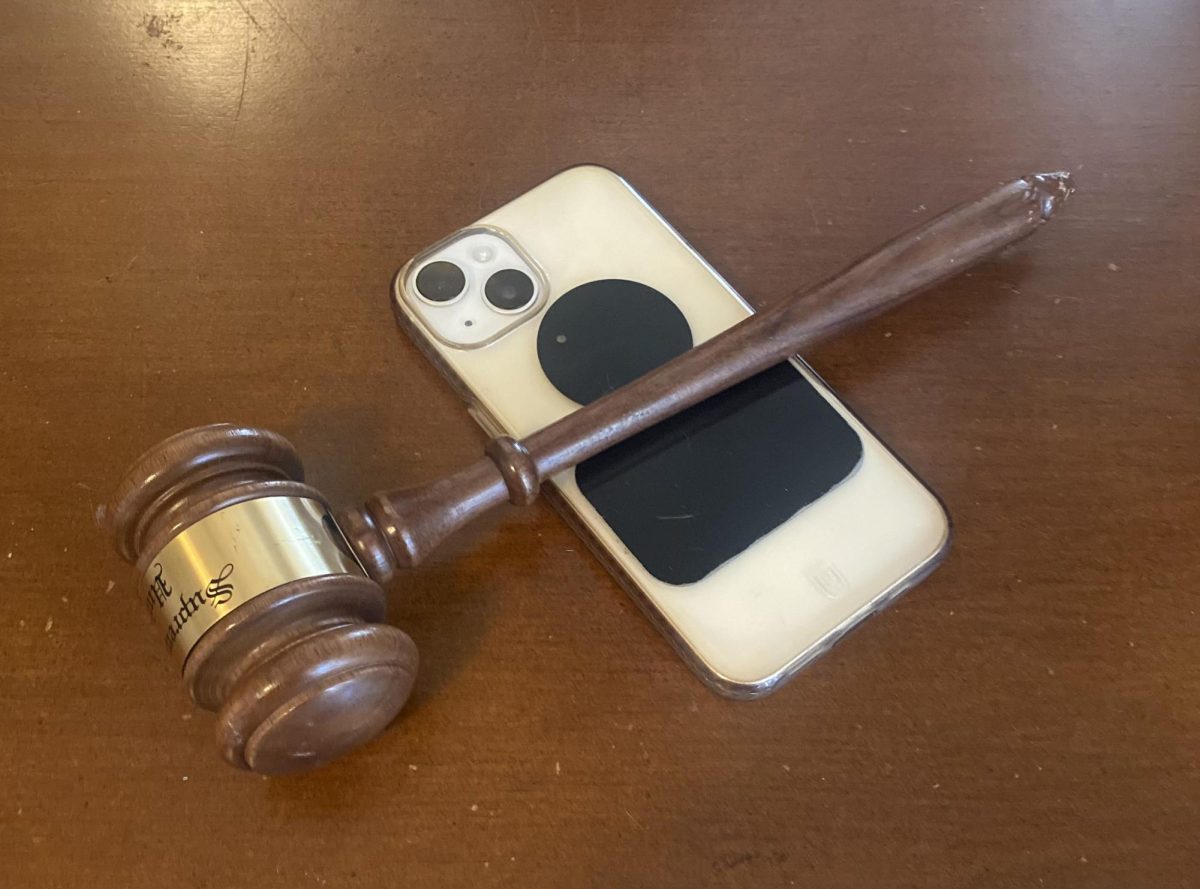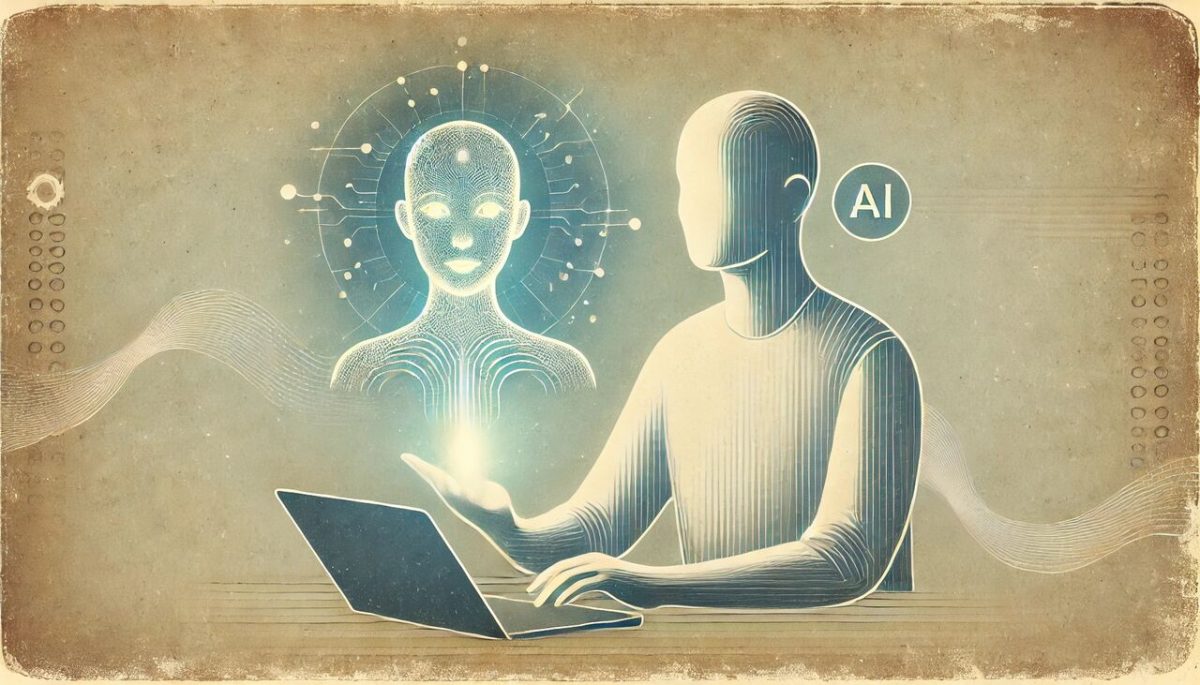The college board has announced 28 AP tests are going digital by May 2025, and that it will be releasing a new version of the digital SAT. According to the college board, the new SAT “will be shorter…[and] calculators will be allowed on the math section. Students and educators will get scores back in days instead of weeks.” The new SAT is met with a positive reaction, as “83% of students say they want the option to submit their scores in college applications.”
As with AP testing, nothing is changing besides how you are filling the test out. However, though it might seem like a minor change, the digitization of these tests affects a large part of the community, creating a range of opinions and emotions. So, how exactly is Wilcox reacting to this news? Are the new guidelines for APs better for students and teachers, or worse?
AP Literature and Composition teacher Mr. Jackson believes that the new testing is a negative addition. He shares, “at the start of the year the college board announced each school would have an option to choose whether or not they wanted a digital exam, but when the year started, they pulled that option.” Mr. Jackson believes this hastiness and lack of organization from the college board can harm the teachers as it causes them to adapt to the drastic changes of the board. He states that “students should still be able to write things by hand…people still need to be able to read and write, and have some form of penmanship.” For his subject especially, Mr. Jackson believes the test should not be given on a screen because it could be easier to cheat or glitches could occur in the site. He also adds, “staring at a computer screen for 3 hours is not great…when does screen fatigue become an issue?” Overall, Mr. Jackson feels the new digital exam does not make tests any easier for himself or his students, and there are numerous cons to look into.
AP European History teacher Mr. Soykin provides a more neutral opinion on the matter, voicing “there are advantages and disadvantages to going fully digital, I think that it’ll benefit some students…[though] some of them see it as a disadvantage.” He believes it varies from student to student, as his exam is “very long, there’s a lot of writing.” Some students have worse penmanship, but others may not feel very confident with their typing. Mr. Soykin shares he surveyed his class for their opinions on the new testing policies, and received mixed answers. Both teachers are concerned with cheating on these new exams, feeling it might be easier to share questions and go to other sites.
Such a drastic change to the AP exams after these subjects have been handwritten for years is unprecedented. CollegeBoard states that it acknowledges the significant change this brings upon teachers and students, and assures them both that they will be making sure every school gets the assistance they need. The main reason the AP exams turned digital is because, according to head of the AP program Trevor Packer, “An increased number of canceled AP exams tied to cheating attempts prompted the move to digital for 2025.” CollegeBoard believes transferring exams online will help to maintain their integrity, contradicting some teachers’ opinions and concerns, though it does not state how exactly the online exams will achieve this goal. As for the SAT, the online testing makes it more reliable as “every student can receive a unique test form,” making it almost impossible to cheat. Priscilla Rodriguez, Senior Vice President of CollegeBoard, believes “The digital SAT will be easier to take, easier to give, and more relevant.”
Whether or not you believe this change is beneficial, it goes into effect this year. There are numerous factors to take into consideration and things to plan for. For those taking the APUSH exam in particular, the following quote is a familiar motivator for exams this year: “Success is not final, failure is not fatal: it is the courage to continue that counts.” ― Winston Churchill.







